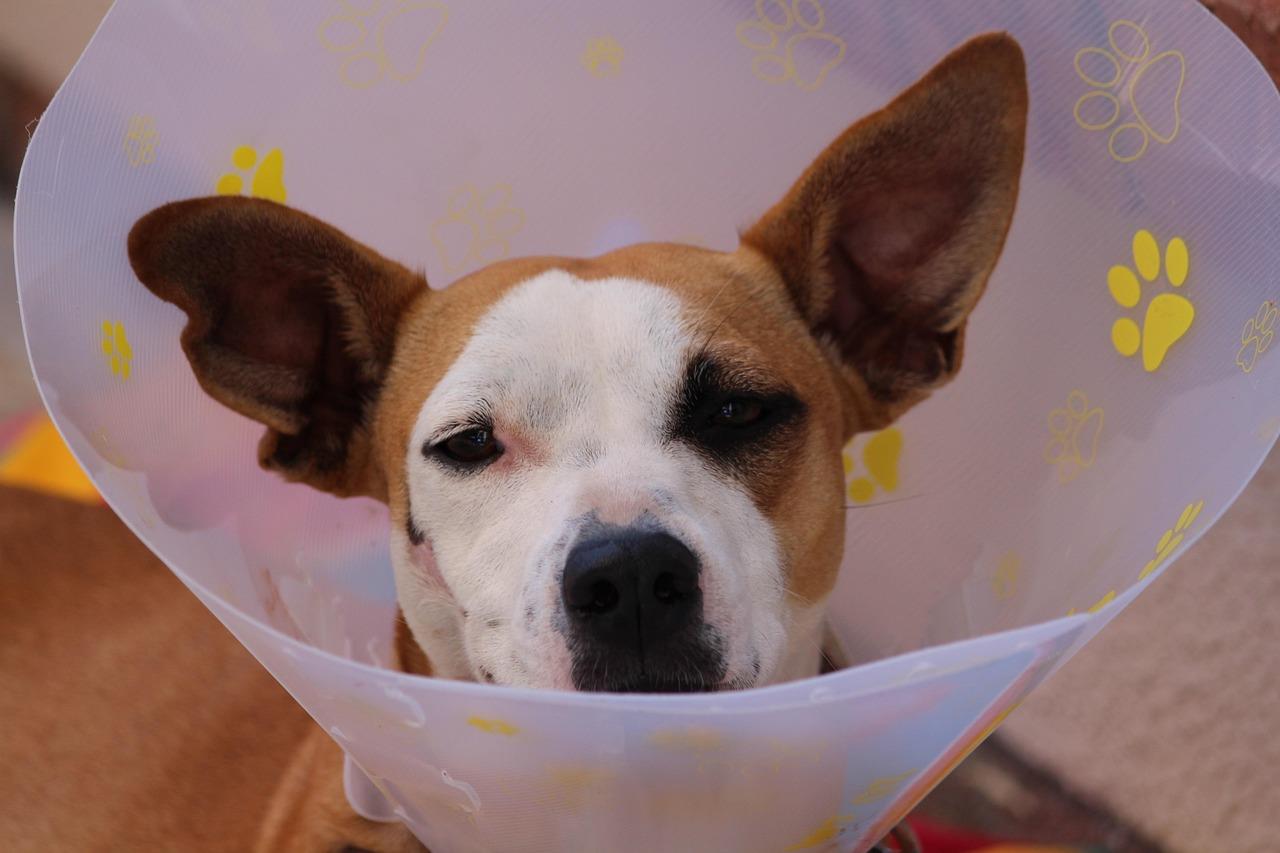Vets in Spain accuse government of 'endangering public health' by limiting antibiotic use in animals
The Ministry of Agriculture insists that the royal decree aims to reduce bacterial resistance, although vets argue that this is "ineffective"
Gregoria Caro
Madrid
Friday, 4 April 2025, 07:52
The vice-president of the general council of associations of veterinary profession of Spain, Gonzalo Moreno del Val, has accused the minister for agriculture, livestock and food, Luis Planas, of creating "problems" following the Royal Decree (RD) 666/2023, which regulates the distribution, prescription, dispensation and use of veterinary medicines, and which is known as the Ley de Medicamentos Veterinarios (veterinary medicines law).
Moreno del Val has urged Planas to meet with vets after these professionals demonstrated in front of the government building across Spain last week. The Ministry of Agriculture insists that the royal decree aims to reduce bacterial resistance, although vets argue that this is "ineffective".
Moreno del Val said that the veterinary associations have the support of organisations that include PACMA, ASAJA and the Spanish hunting federation, as well as a 200,000-signature petition. "They all perceive the same thing as we do, that animal health and welfare, and with it, public health, are being endangered," he argued.

Zoom

Moreno del Val said that the decree restricts the administration of antibiotics to animals and leads to public health problems because "it is not effective in reducing bacterial resistance". The Ministry of Agriculture introduced the decree to implement the European regulation 2019/6, which establishes a regulation on veterinary medicines in European Union (EU) countries.
However, vets have been complaining for years that the Spanish government's interpretation of the EU regulation is much more restrictive, unjustified and contrary to that of other European countries. "We are criminalised, we are really unaware of the reality of the sector, and there is a lack of a practical, technical and scientific vision," said Moreno de Val.
Before the decree came into force, he said Spain had already reduced 70 percent of the antibiotics used in livestock farming. "According to the Ministry of Health, their use in pets represents 0.19 percent of all antibiotics consumed in our country, including those used in humans," Moreno de Val explained, and he claimed that the Ministry of Agriculture considers that the problem of resistance is generated by veterinarians.
"PRESVET is therefore not only unnecessary but also excessive because it requires a large amount of information to be communicated that is difficult to justify."
Moreno del Val said that the strict monitoring of data sheets and the lack of flexibility in the exceptional prescription of medicines, are "problems due to an erroneous and restrictive interpretation" of the EU regulation. He also said that the mandatory categorisation of antibiotics and the prescription notification system PRESVET (central computerised system for the control of veterinary antibiotic prescriptions) are "problems" added to the decree that "could be solved" by amending it.
"PRESVET is therefore not only unnecessary, it is also excessive because it requires a large amount of information to be communicated, which is difficult to justify," he said. The Spanish decree, he argued, "operates as a complementary provision to the European one". Moreno del Val added that the wording of the royal decree "belies the statements made by the minister in which he said that no changes can be made to it, because it follows a common regulatory framework in Europe".
He went on to say that the different competent bodies in Spain do not share the same interpretation. The Spanish medicines agency (AEMPS) has a much looser interpretation.
Veterinarians' unease with Planas continues to grow. The Ministry of Agriculture says that "goodwill will prevail in the control by the administrations. I must correct them again. The Ministry cannot promise goodwill in what is not even its responsibility. The capacity for inspection and control lies with the regions," warned Moreno del Val. "The rule will end up being interpreted differently in each region, in each province, or even by each inspector," he added, referring to the risk of legal uncertainty around the use of antibiotics in animals.
